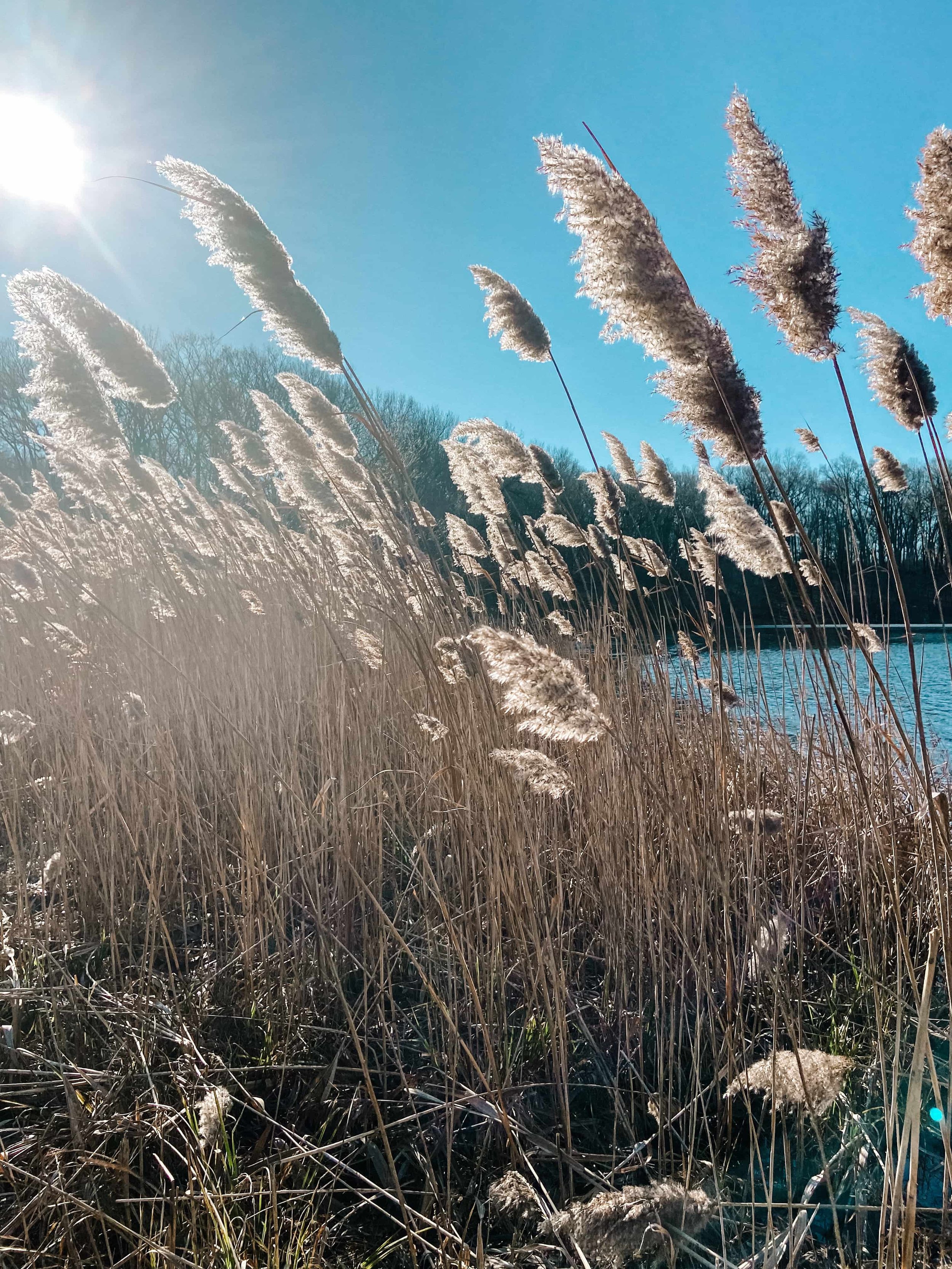Daily Practices to Thrive, Not Just Survive, This Winter Season
We all know how difficult it can be to navigate the long winter months in Michigan. Whether it’s the lack of daylight, the cold temperatures, or the sometimes seemingly endless gray days, this season brings with it challenges in staying active, engaged, and in feeling generally positive about the days ahead. Despite these external conditions, there are tried and true ways to foster an internal environment that can “weather” this all, if we are just willing to cultivate some simple, nourishing habits to carry us through.
First, let’s recognize the fact that it IS natural to move slower, do less, and rest more. If we look at the history of peoples who have lived in this climate, it was common and just expected that people would generally be quieter, slower, and more inwardly focused. Part of our struggle as modern-day humans with this tendency to “overwinter” or slow down is the feeling that we should be doing more, and that others may be expecting that of us as well. So the simple act of acknowledging and recognizing the inherent slow down of winter can help us to shift that very mindset.
Secondly, we can be proactive about getting outdoors. Yes, outdoors, even in the cold, the snow, the wind, the drizzle, and the gray. Numerous studies have shown that exposure to natural light deeply affects our internal processes, (metabolism, hormones, circadian rhythm, etc.) The evidence seems to suggest that the earlier in the day that we get natural light into the eye, the better for things like sleep regulation: being able to fall asleep, sleep deeply while asleep, and not feel drowsy during the day. Aim for as soon as possible after awakening for the day. No matter what time you get outside, the moving you’ll do while outside (it’s cold after all, you’ll have to move to stay warm!,) helps to improve mood, cognition, and brings with it all the benefits of physical activity. While you’re outside, bring your yogic tools of mindfulness and observation; notice all of the often overlooked beauty of this bleak season. Consider how the landscape changes and the many adaptations made by the plants and animals in the winter. You, as an animal also, make similar adaptations. Pause and take in all of the sensory input available outdoors; this may just help develop an appreciation for your possibly least favorite season.
Third, develop an inside hobby. What can you do to occupy your mind and employ your creativity? You don’t have to be good at this thing; simply interested. Think back to when you were a child- what things did you like to do and had interest in before you had to determine if you were good enough to warrant your time and effort. Perhaps it was painting or drawing, creating stories, or playing an instrument. Maybe there’s something now, that you’ve never had an interest in before, that you are curious to learn and to do; knitting, baking, studying a foreign language?
Fourth, be sure to nourish yourself with your food. Let the more time indoors spill over into more time to prepare and consume healthy meals. Be sure to incorporate lots of “color,” (read: vegetables and fruits,) and perhaps shift to warmer foods, like soups/stews. Make sure you have adequate sources of healthy fat and protein in your meals, (amounts will vary based on individual needs and preferences,) and do your best to avoid empty processed sugars, (which may give you instant gratification but tend to bring with them a crash in energy and mood afterward.) Drink plenty of fluids, just as you would in the summer. Hot herbal teas can be lovely ways to meet this need.
Lastly, make a connection with others a priority. Be it your immediate family, friends, coworkers, or community members, the need for social connection is hard-wired into our nervous systems. Can you plan a weekly visit or phone call “appointment” with a grandparent or relative? A weekly or monthly get-together with a friend, (bonus points for doing it outside!,) or even just hang out, with no set agenda? If you find yourself not clicking with these options, volunteering in your community can be a great way to connect, and also brings the great satisfaction of helping others. Schools, churches, animal welfare organizations, and community resource groups are awesome places to plug in and help, all the while filling your cup. If you still find yourself needing help making this ever-so-important personal/social connection, please reach out to us- we will surely do our best to help!
Winter need not be a time to throw in the proverbial towel and despair. By incorporating some simple strategies such as these, we can find joy in every season!

